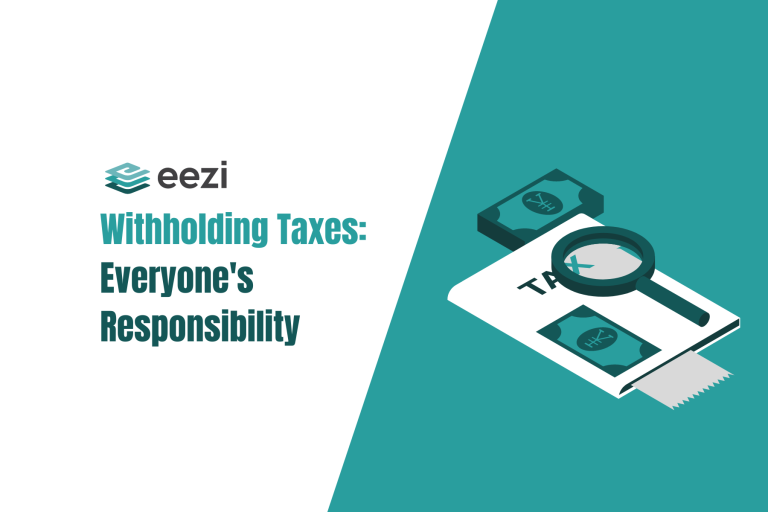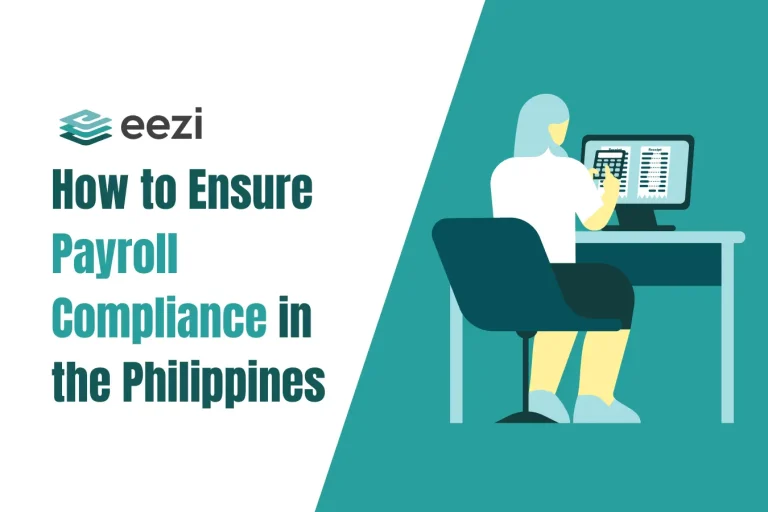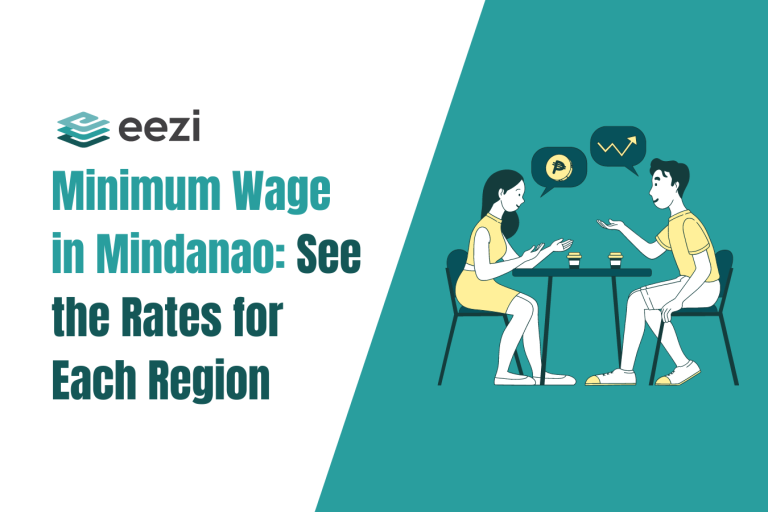How do you calculate the night differential in the Philippines?
Key Points
- Night differential is compensation that employees receive for working during the night.
- The night differential pay rate is 10% of the basic hourly rate.
- This rate is applicable to work rendered during the night differential time, which is from 10:00 PM to 6:00 AM for private employees, otherwise known as the graveyard shift.
- On the other hand, the differential time starts at 6:00 PM and ends at 6:00 AM for government workers.

One of the primary duties of HR is to take care of employees. HR must look out for their workers’ overall welfare in the company. It is also HR’s duty to look out for the company’s welfare. It is important to find a balance to better serve the business and its people.
As a company’s greatest resource, its workforce’s needs must be met. One of the best ways to keep employees satisfied is through proper payroll management. They need accurate salaries and timely payments to stay and work productively. These include night shift differential pay.
What is a night differential Philippines? Why is it necessary? How does it help a business?
Night differential pay explained
An employee is entitled to differential pay based on the Philippine Labor Code.
They don’t need to request or insist on it. The company automatically has to give this as long as the hour of work performed falls within the graveyard shift schedule.
What is a night differential?
Night differential pay is additional compensation for work performed during specified nighttime hours. This is applicable between 6:00 p.m. and 6:00 a.m. the following day for workers in government service. However, the night differential time is between 10:00 p.m. and 6:00 a.m. for those in the private sector.
This night shift differential rate is granted to employees working night or graveyard shifts, regardless of whether these hours are part of their regular shifts. Moreover, this differential pay is not a bonus, incentive, or payment for additional hours worked. Instead, it is an indemnity.
Why pay night differential?
Indemnity is security or protection for the employee. It is related to the possible effects of working at night on someone’s health. In other words, differential pay is a financial assistance for employees who take night-shift work.
More importantly, it is not optional for businesses to grant such pay. They are required; it is the law. Therefore, the right of employees to receive differential pay on the night shift is a right that they must receive.
Related: List of government-mandated benefits employees should have
Who can receive the differential pay?
Employees who are working night shifts are entitled to the pay. However, there are certain exceptions to this rule, according to the Labor Code.
Employees who cannot receive differential pay:
- Government employees whose work schedules fall between 6:00 a.m. to 6:00 p.m. (Day Shift). However, they may receive overtime pay for services rendered beyond the required eight hours of work.
- On-call government employees or, mostly, uniformed personnel who must serve and/or are called to serve anytime. The Civil Service Commission (CSC) and the Department of Budget and Management (DBM) identified these job personnel. Some Identified 24-Hour Government Jobs:
- Armed Forces
- National Police
- Firefighters
- Jail Management Personnel
- Workers in retail and service establishments regularly employ a maximum of five (5) people only.
- Kasambahay or domestic helpers (maids)
- Employees providing needed personal service of another person or other people
- Managerial employees
Managers excluded
Exclusions
(a) When the main responsibility is to manage the company or a department or subdivision of it
(b) When they regularly supervise two (2) or more people
(c) When they have the authority to:
i. hire or fire workers
ii. recommend and/or promote people
iii. change lower-rank employees’ status
- Managerial staff members and/or officers
Managerial staff excluded:
Exclusions
(a) When their duties are directly related to management policies
(b) When they regularly practice independent judgment
(c) When they…
i. assist in managing the establishment or any subdivision of it
ii. work along specialized or technical lines
iii. do special tasks
(d) When they use less than 20% of their total working hours in a week on tasks unrelated to the previous three items (a to c) (Ibid.)
- Field personnel and unsupervised employees
eezi HR Guide
Stay compliant with the required employee benefits in the Philippines.
Night shift differential: private vs. government
Night shift differential for those in private organizations differs from those in the government. This is important, especially for businesses to take note of, to avoid confusion.
Private sector
In the private sector, the Labor Code specifies that employees should receive a differential pay of at least ten percent (10%) of their regular wage for each hour worked between ten o’clock in the evening and six o’clock in the morning. This means that private employees get an additional 10% of the regular wage for night work during the specified hours.
The timeframe for eligibility is strictly between 10:00 PM and 6:00 AM, covering an 8-hour period. Work before 10:00 PM does not qualify for differential pay unless company policies state otherwise.
Government sector
In the government sector, as outlined in Section 1 of R.A. 11701, employees in positions from Division Chief and below, or their equivalent, are entitled to a differential pay. Moreover, the rate must not exceed twenty percent (20%) of the hourly basic rate for each hour worked between 6:00 in the evening and 6:00 in the morning of the following day. This means an additional 20% of the regular wage is granted to government employees for night work during the specified hours.
The timeframe for eligibility in the government sector is between 6:00 PM and 6:00 AM, covering a 12-hour period. The differential pay is additional and does not diminish existing benefits and allowances enjoyed by government employees.
Related: What is the salary differential in pay computation?
What are the DOLE and Labor Code rules on night differential rates in the Philippines?
The night differential Philippines time is between 10:00 PM and 6:00 AM. DOLE provides the guidelines on the pay for workers who render during these times below.
- The differential pay should be at least 10% of the employee’s regular wage for each hour worked between the night shift period, 10:00 PM and 6:00 AM.
- If an employee works during both regular and night shifts, the night differential pay should be computed based on the actual hours worked during the night shift.
- If an employee works overtime during the night shift, the pay should be based on the overtime rate.
- The night differential pay is not subject to income tax, but it is subject to mandatory deductions such as SSS, PhilHealth, and Pag-IBIG contributions.
- Employers are required to keep a record of the night shift differential pay and must make it available for inspection by DOLE representatives.
Furthermore, note that these apply to all regular or contractual employees. The same applies whether they work full-time or part-time. Finally, a business’ failure to comply with these may result in penalties or sanctions.
Night differential computation: Cases and formula
There are many formulas to determine how much an employee’s night differential pay should be depending on their rendered work. Using the given set of formulas below, remember that “hourly basic rate” means “basic salary rate per hour.”
This is how to compute night differential Philippines:
Basic Salary Rate/Hour = Basic Monthly Rate/22 working days/8 hours.
How much is the night differential Philippines?
Without Overtime
Wage for Non-OT: Hourly Wage x Hours Rendered x 10%
Differential: Regular Pay x Hours Rendered x 10%
Total Payment: Daily Wage + Night Shift Differential
For example, if an employee earns a regular hourly rate of Php 100 and works for 8 hours between 10:00 PM to 6:00 AM, the night differential pay would be as follows:
Night Differential Pay = Php 100 x 10% x 8 = Php 80
eezi HR Guide
Learn how to make a simple yet compliant pay slip for your employees.
Overtime and Night Differential
Overtime Premium: Additional 25% on the regular hourly wage
Wage for OT: Hourly Wage x Overtime Premium x Hours Rendered
Differential: Overtime Pay x Hours Rendered x 10%
Total Payment: Regular Wage + Overtime Pay + Night Differential
If the employee worked overtime during the night shift, the night differential computation would be slightly different. In this case, the overtime pay should be added to the regular pay before computing for the night differential pay.
Example
Assuming the employee earns Php 100 per hour and worked for 2 hours of overtime between 10:00 PM and 6:00 AM, the computation for the night differential pay would be:
Regular Pay = Php 100 x 8 hours = Php 800
Overtime Pay = Php 100 x 125% x 2 hours = Php 250
Total Pay = Regular Pay + Overtime Pay = Php 1,050
Differential = Total Pay x 10% x Number of Hours Worked at Night
Differential Pay = Php 1,050 x 10% x 2 = Php 210
In conclusion
When putting up a business in the Philippines, it is important to know the requirements based on the Labor Code.
All employees working on the graveyard shift time are entitled to a differential pay on top of their shift pay. The differences depend on whether the employer is a private business (you) or the government.
Abide by the law to avoid legal issues that can ruin the business.
Make differential calculations easy.
Save your HR from the hassle of calculating individual night differentials, and try eezi. Our software offers an end-to-end payroll that automates everything from attendance to payslip distribution. Check eezi and see how it can improve your differential calculations.



